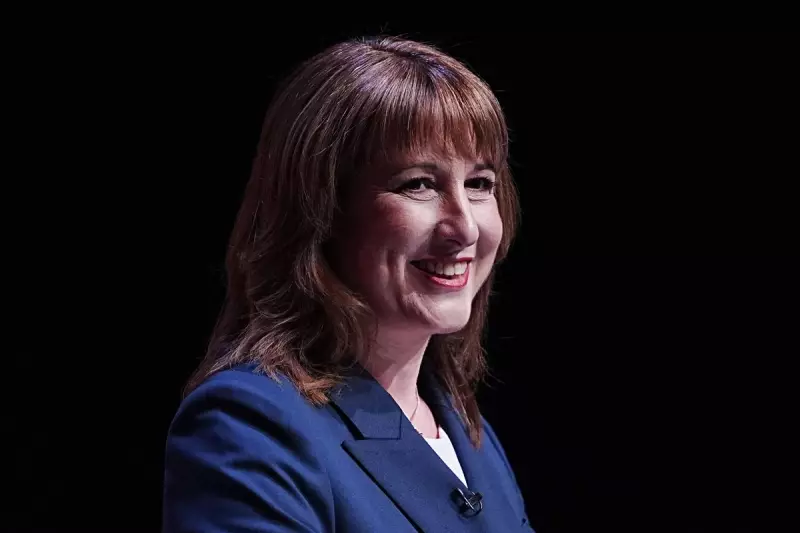
The Institute for Fiscal Studies has delivered a stark warning to the Labour Party, suggesting that should they form the next government, Chancellor Rachel Reeves would inherit an economic landscape offering little room for ambitious spending plans.
The Fiscal Straightjacket
In what amounts to a sobering reality check for the opposition, the respected economic research institute indicated that the next chancellor will be operating under severe constraints regardless of which party wins the upcoming election. The analysis points to a combination of high debt interest payments, sluggish economic growth, and persistent inflationary pressures creating what one expert called an "iron chancellor" scenario.
Reeves' Rocky Road Ahead
Paul Johnson, director of the IFS, didn't mince words when he stated: "The world is not going to become dramatically more benign for the next chancellor." This assessment throws cold water on Labour's hopes for significant public spending increases and raises questions about how the party will reconcile its ambitious policy agenda with economic reality.
Taxation Tensions
The IFS analysis suggests that without substantial tax increases—something Labour has been keen to avoid promising—the fiscal space for new spending initiatives remains extremely limited. This creates a potential collision course between the party's manifesto commitments and the hard numbers of government accounting.
Historical Parallels
The situation bears uncomfortable similarities to previous Labour governments that inherited challenging economic circumstances. The warning serves as a reminder that political aspirations often meet their match in Treasury spreadsheets and bond market reactions.
With the Conservative government having already committed to tight spending plans beyond the next election, the IFS suggests that whoever occupies 11 Downing Street will face essentially the same set of difficult choices, making dramatic policy divergence unlikely regardless of the election outcome.





